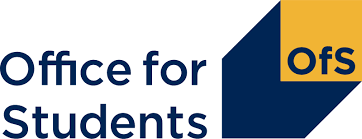The Office for Students (OfS) has today launched a consultation on new guidance about freedom of speech, ahead of universities, colleges and students’ unions taking on new free speech duties, which is expected to be from August this year.
The guidance includes examples to illustrate what higher education providers may or will have to do to fulfil these duties. The examples also include scenarios to show where universities, colleges and students’ unions may have breached their free speech duties.
These include:
- University A accepts international students on visiting scholarships funded by the government of country B. Scholars must accept the principles of the ruling party of country B, and direction from country B’s government via consular staff. Depending on the circumstances, these arrangements may undermine free speech and academic freedom at University A. If so, that university is likely to have to terminate or amend the scholarship agreement.
- Institute A in University B is jointly funded by University B and a commercial entity based in a foreign country C. Some staff at Institute A are appointed through a process managed within country C. This process imposes an ideological test as a condition of appointment and employment. Depending on the circumstances, these arrangements may penalise applicants to academic posts for their exercise of academic freedom. They may also have the effect of restricting the free speech and academic freedom of students and staff at University B. In these circumstances, it is likely that University B must terminate or amend these arrangements.
- University A’s student handbook states: ‘Misgendering is never acceptable. You must always address or refer to a person using their preferred pronouns.’ Depending on the facts of the case, University A’s rule is very likely to restrict freedom of speech within the law. (For instance, a student writing a dissertation in criminology might refer to trans women as ‘he’ because the student considers this necessary for clarity.) If so, University A is likely to have to remove this blanket rule.
- University A requires that all teaching materials on British history will represent Britain, and British foreign policy, in a positive light. In so far as this requirement suppresses a particular viewpoint, it is likely that University A would have to remove it.

